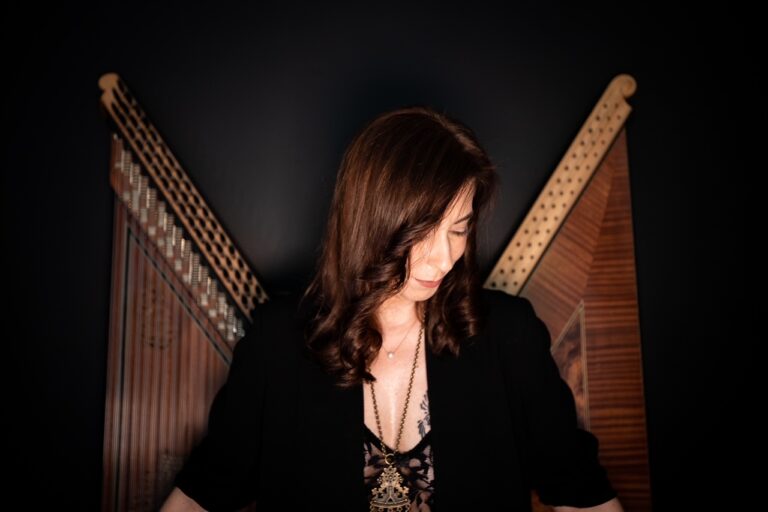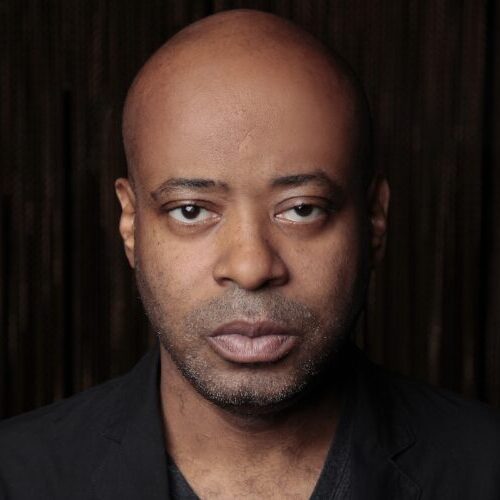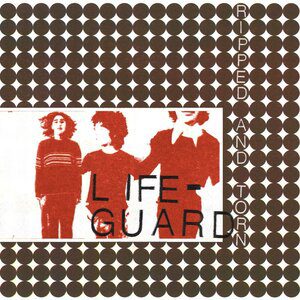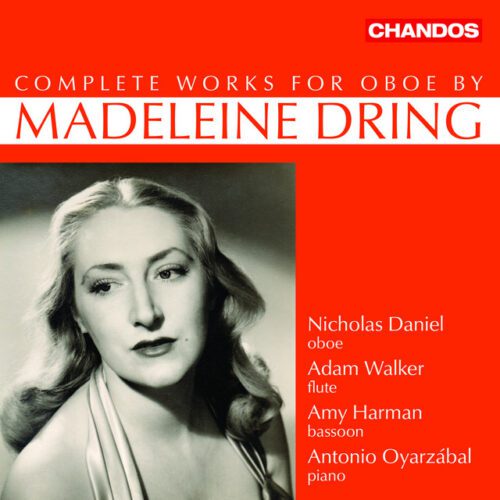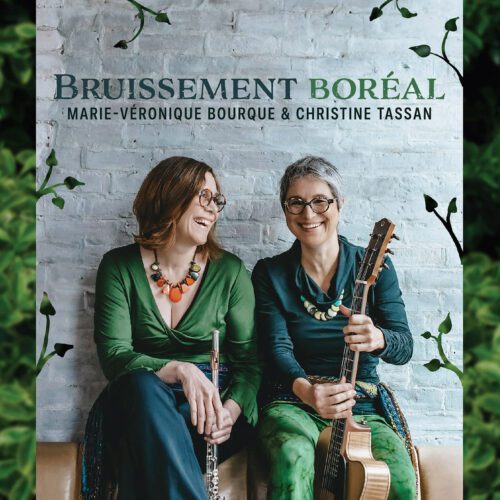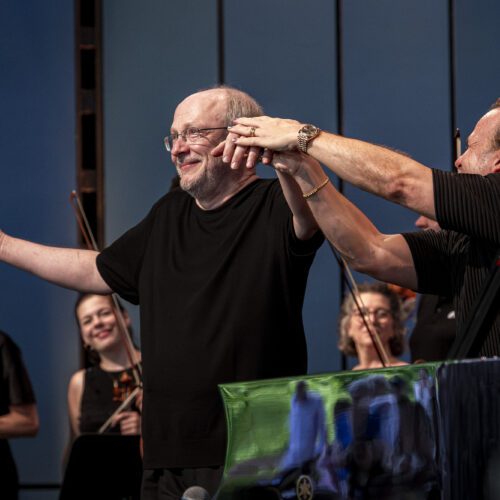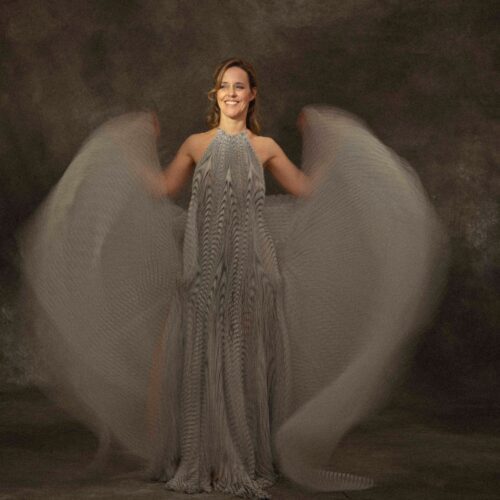Turkish-born Montrealer Didem Başar (pronounced Bashar) is the Grande Lady of the kanun (my words). This instrument from the zither family is widely used in traditional Turkish music and throughout the Middle East. Başar is adding several strings to her already strong instrumental game by incorporating composition and above all encounters with other musical genres, something she can easily do in Montreal’s rich musical ecosystem.
On Tuesday evening at Salle Bourgie, as part of the Musique des cultures du monde series, she presented her Continuum project, in which her compositions (and a few arrangements) for kanun, percussion and string quintet offered the attentive audience some 80 minutes of delicate and delightful travel, a kind of tangible link between the present and the long history of the millenias-old culture of the Middle East. A continuum of space, time and, of course, music. Accompanying her on stage were the Andara Quartet, double bassist Étienne Lafrance and percussionist Patrick Graham.
With the exception of a few arrangements of traditional pieces, all the works were written by the artist herself, including a Concerto for kanun and strings, written in the rules of the art. It’s a wonderful adventure that begins with a light first movement, full of pointed textures (string pizzicatos and plucking of the kanun), interspersed from time to time with lyrical caresses from the strings. If this initial section suggests a stroll in all simplicity, the second movement betrays this prejudice with a plaintive adagio in dark colours, evoking a sadness swollen with powerful melancholy. It’s as if we were homesick with her. The third movement, the finale, reveals more rhythmic muscle and a willing, assertive drive that visibly satisfies the audience present.
The entire repertoire offered in the programme stems from this oriental atmosphere, based on an essentially modal harmonic universe, but to which Didem Başar adds touches of more western chromaticism here and there, a chromaticism that also invites microtonality. The result is a set of attractive melodic constructions that never, however, become recipes for auditory tourists. Başar’s music is easy to like, but never “easy”. It also leaves a little room for improvisation by its companions, particularly in the piece Lame Pigeon, where Étienne Lafrance gets brilliantly improvisatory before handing over to cellist Dominique Beauséjour-Ostiguy, who is expansive but more controlled, violist Vincent Delorme, who is impressive, and percussionist Patrick Graham, who is always spectacularly subtle and refined.
A wonderful moment of music and intercultural encounter, à la Montréal. Continuum is a concert you shouldn’t miss if you see it in your area, and it will also be released as an album on 18 May 2024. Definitely one to watch.
